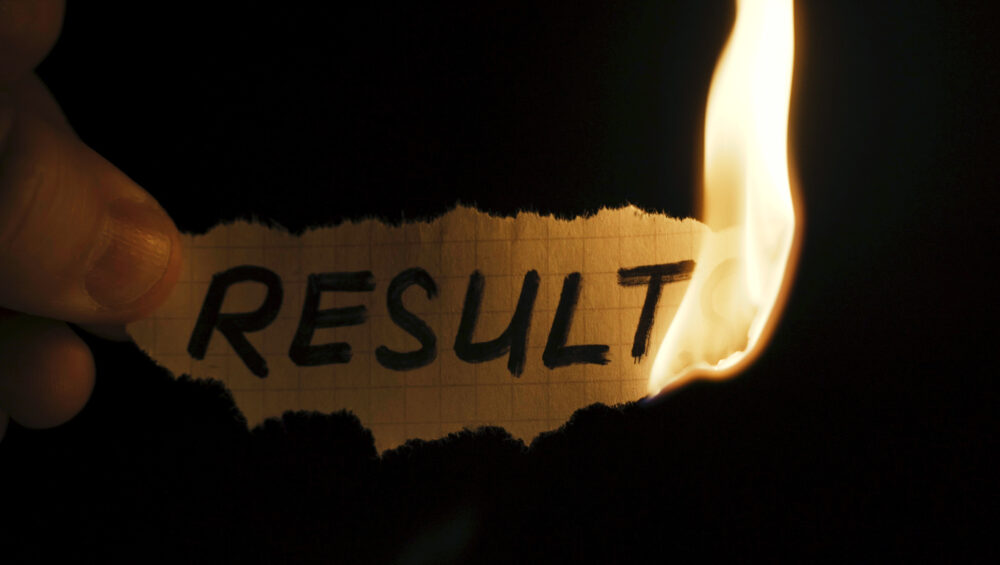People want the quick fix.
They want to be told that 7-Minute Abs (or maybe we’re down to 5-Minute Abs now?) is all it takes to be beach ready, or that drinking an Acai berry detox tea mined from the belly button of a Centaur is the key to fat-loss.
I’ve heard of crazier things on Reels.
And then there’s the high-school athlete who reaches out two weeks prior to tryouts, as if I’m a wizard and all I have to do is wave my wand (and insert a few sets of box jumps) and PRESTO…
…they’re going to be as equally prepared as those athletes who have been training and working out for several months.
It’s quite interesting isn’t it?
Everyone is seeking the silver bullet to success.
However, on the contrary, in my experience, whether someone’s goal is weight-loss/fat-loss, muscle gain, improved athletic performance, general health, or, I don’t know, to beat John Wick in a street fight, the “x-factor” often comes down to the mundane.

The stuff most people scoff at and altogether dismiss in lieu of the new, bright, shiny object in the room.
Like This Stuff
1. Expectation Management
You know how it’s popular nowadays for personal trainers and strength & conditioning coaches to go out of their way to not refer to themselves as personal trainers and strength & conditioning coaches?
You know, stupid shit like…
- Body Architect
- Human Performance Advocate
- Movement Mechanic
- Supreme Chancellor of Douchiness to the Douchiest Power
I feel as if I have a superlative title for myself too.
Manager of Expectations
Whenever someone asks me “how long will it take to….[insert goal here]” I’ll respond with “I have no idea.”
Moreover, I’ll say something to the effect of:
“Consider me your Sherpa. I’m here to guide you and point you in the right direction towards your goal(s) to the best of my ability, and to do so in a time efficient, fun, and safe manner.”
And if that doesn’t impress them I’ll say this:
“3×52.”
Meaning, if I can nudge them in the gym 3x per week, 52 weeks out of the year, then it stands to reason some good shit is going to happen.
Rather than place a specific number or time frame on a goal, it’s my job as their coach to titrate their expectations and to reframe things towards the idea of CONSISTENCY.
Then, after a while (and yes, with a bit of butting of heads), they’ll learn that progress is more about appreciating the journey rather than the destination.1
2. Walk, Sleep, Hydrate

Honestly, whenever I have a conversation with a client/athlete and (s)he is concerned about progress (or lack thereof), before I audit their program/nutrition I’ll look to see whether or not they’re doing the following.
Go for a Walk
I used to think it was cool (and I was doing the industry a favor) being an uppity coach who said stuff like “walking is life, stop saying it’s exercise.”
That was dumb.
It IS exercise, and undervalued.
Not all exercise has to be a ball-buster.
Walking = recovery. Do more.
— Tony Gentilcore (sometimes I sound smart. Or like an old man. Whatever)
What’s more, going for a (brisk) walk is a great way to expend energy in addition to helping to improve mental health.
What’s more (even morer), walking is exercise that’s accessible to anyone with working legs – so it’s pretty hard for someone to conjure up an excuse to not do it.
Do yourself a favor and check out the hashtag #walkeverydamnday and maybe reconsider your position if you’re someone who feels telling someone to go for a daily walk is silly or beneath your superior coaching skills.
2. Go to Bed
I am a huge fan of going to bed.
In fact I am such a fan of going to bed (early) that I’m pretty sure I have entered cantankerous curmudgeon territory at the age of 48.
My answer for pretty much everything is…
“Meh, go to bed.”
SLEEP = RECOVERY (and bevy of other benefits).
Feel like a bag of dicks all the time?
Maybe stop bragging about getting up at 4 AM every day because #hustleandgrind and the subsequent contrast baths and get some sleep instead?
3. Hydrate
By now some of you reading don’t have enough eye rolls to give. But here’s one more suggestion to bring things to a nice, tidy, conclusion.
Ask your clients whether or not they’re hydrated?
This isn’t so much a “are you drinking 8 glasses of water per day?” kind of question as it is “what color is your pee?” question.
- Clearer Pee = good to go.
- Pee the color of battery acid = not so good to go.
It’s been clearly shown in the literature that chronic dehydration can affect performance in the weight room – upwards of 8-10%. Likewise, chronic lethargy can be attributed to lack of hydration, in addition to it affecting basic metabolic functions.
I.e., the body’s ability to burn energy is diminished the more dehydrated someone is.2
“Wow, Tony. Telling people to go for a walk, get more sleep, AND to drink more water? This is next level shit. What’s next? Flossing? No, wait…look both ways before crossing the street?”
I get it.
I am not saying anything revolutionary, nor anything we all haven’t heard before.
That being said…
…we do a superb job going our of our way to overlook these factors.
But, you know, ketosis.




